Porcelain,
a safe, resistant and elegant solution!
The COVID-19’s pandemic has brought us new requirements and specific regulations, which are assumed as challenges for catering, restaurant, hotel and hospital service operations.
Although we know that these sectors have long played a key role in implementing measures to keep up with hygiene and cleanliness standards, they take on even greater importance during the pandemic period and into the future.
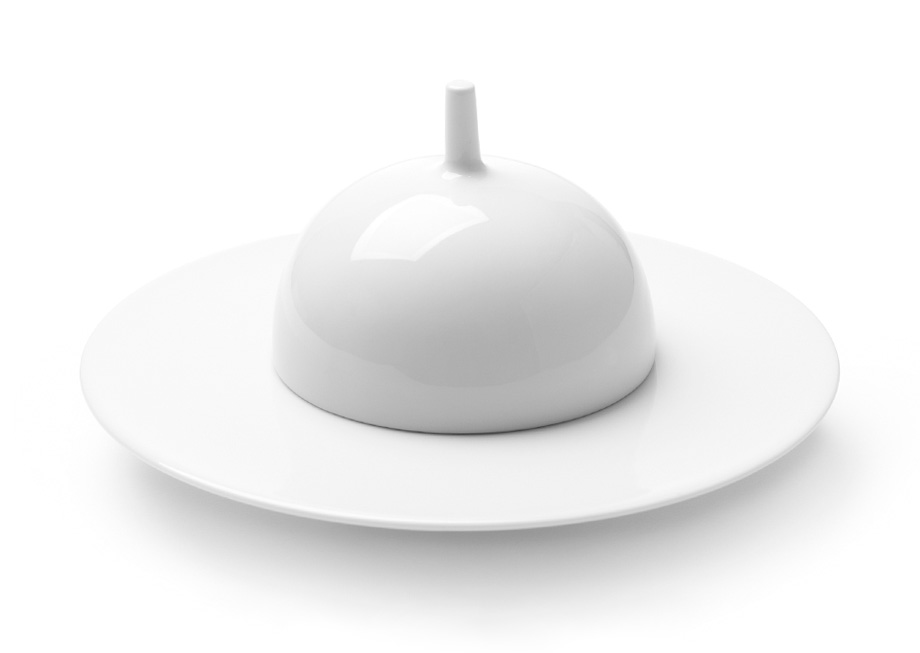
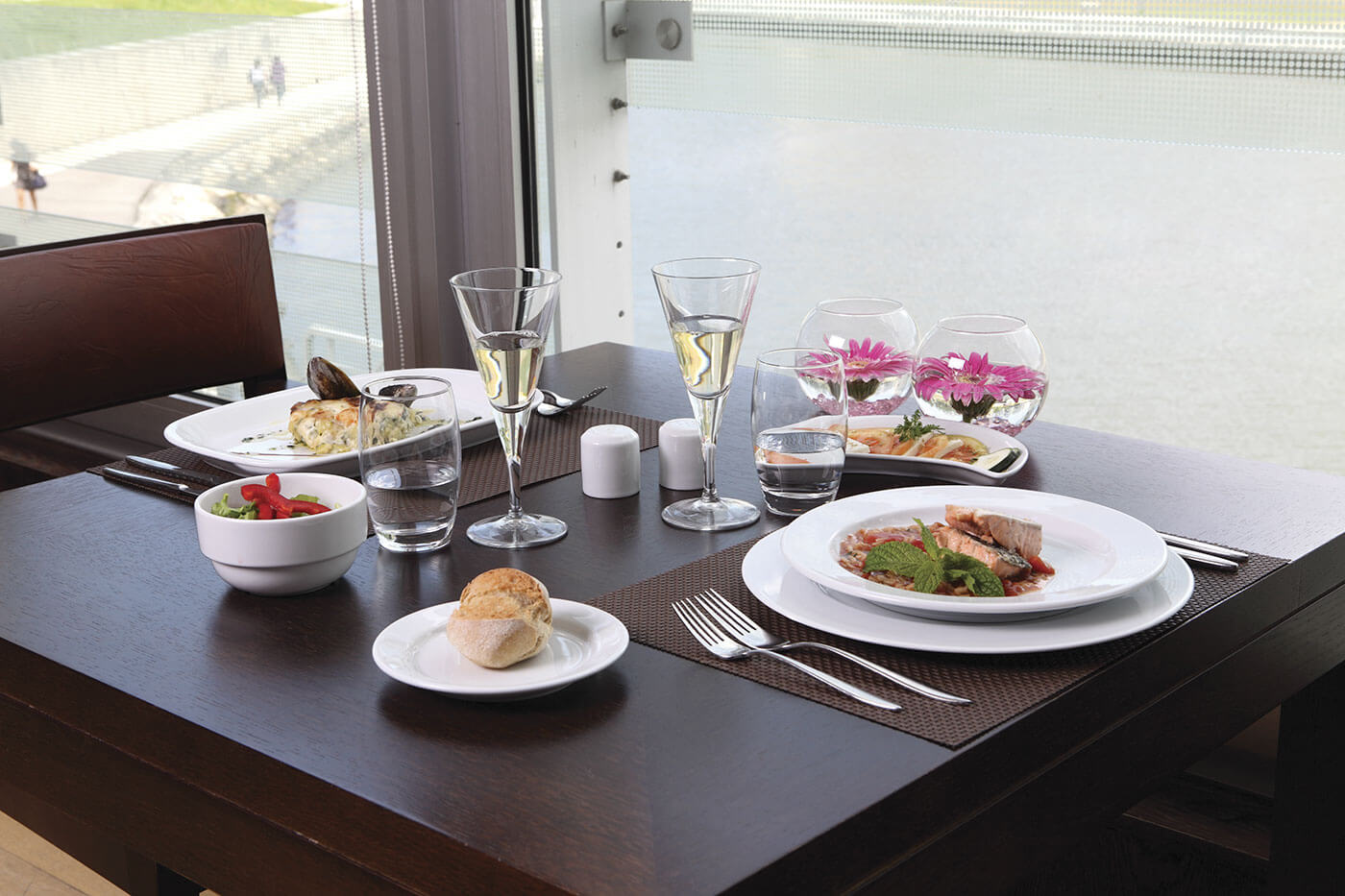
Hygiene and safety across production processes and when serving food must be paramount, for this represents a basic guarantee of the service provided to the consumer. Food items are a breeding ground for micro-organisms and can be contaminated by them, thus becoming a source of disease transmission.
As we’re returning to a new normality, there is an urgent need into finding solutions for food operations, which ensure safety and add value into the service provided. Porcelain, as the predominant element of this type of operation, provides a safe, resistant, elegant and long-lasting option!
Costa Verde, as an important player across the professional market, offers to all its clients, spread over more than 50 locations around the world, the experience and skills across health care, catering, hotels, and restaurants. We want to protect you and your customers!
What turns porcelain into the right choice
In terms of hardness and scratch resistance, porcelain approaches diamond. The classification 7 on the Mohs Scale proves that it is a long-lasting material, which preserves its quality and beauty after several years of intensive use. Furthermore, it distinguishes itself for its high mechanical resistance, high density, and soft touch.
When subject to vitrification and firing at 1.400 °C, porcelain offers the particularity of being translucent, by also standing out for its characteristic brilliance and whiteness.
Another distinguishing aspect concerns its composition. Porcelain comprises supremely selected raw materials, unlike other ceramic products, such as stoneware and earthenware (which uses a larger quantity of clays and kaolin). Raw materials comprising porcelain are governed by very high and demanding quality criteria, regarding the absence of contaminants.
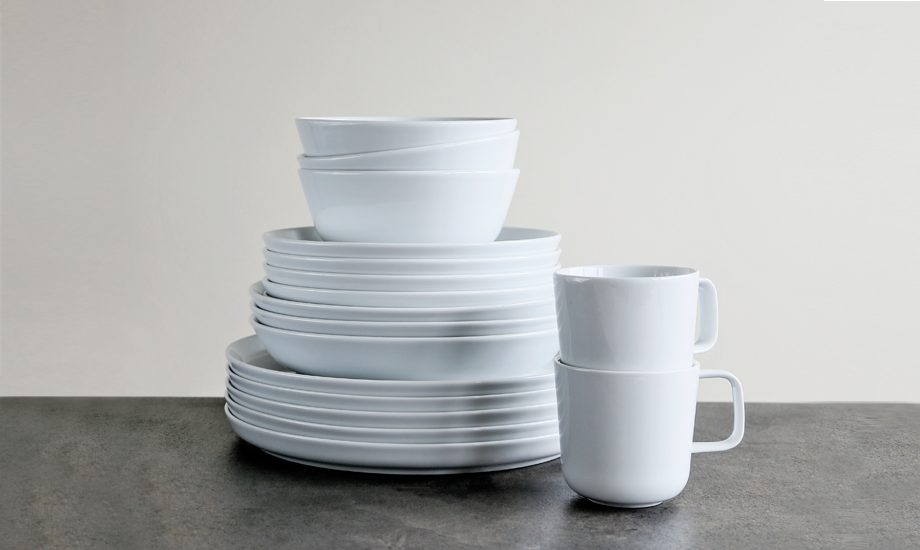
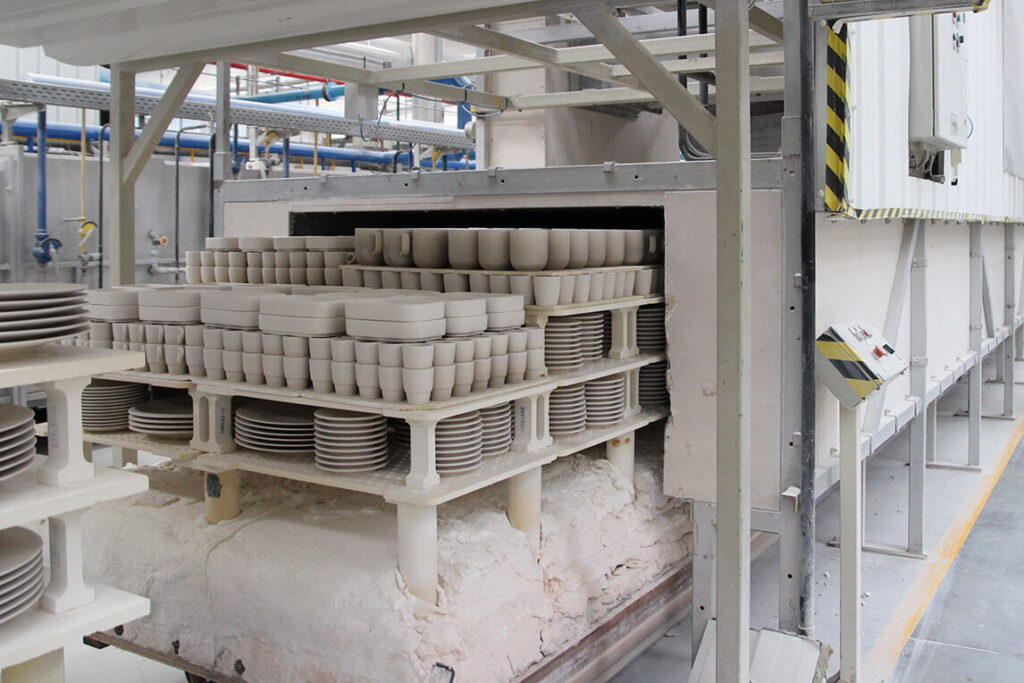
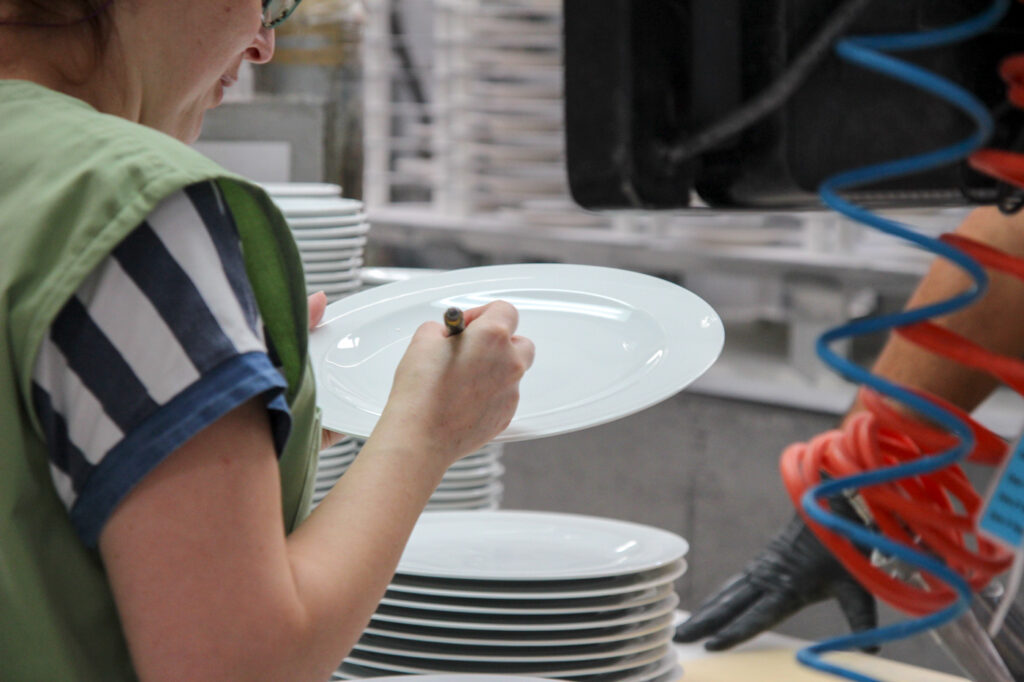
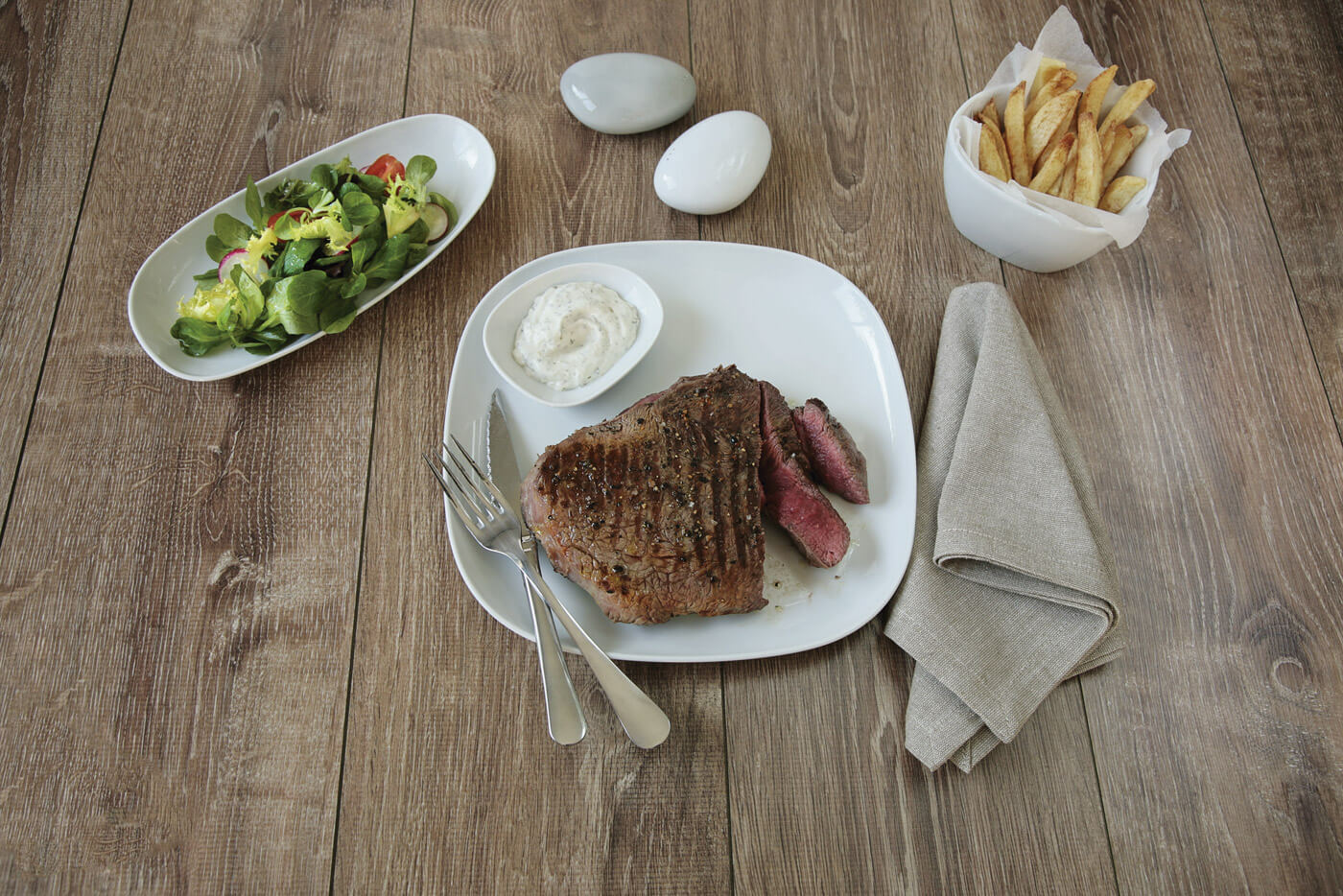
The most relevant determining factor for safety and hygiene concerns porosity. Unlike stoneware and earthenware, porcelain is not porous, so it does not easily absorb some elements to which it is exposed. This turns it into an impermeable material.
Concepts such as elegance, sophistication and sobriety are prominent when choosing a ceramic product. Porcelain (mainly white) meets these demands and has the unique ability to be timeless and adapting to both the simplest and most sophisticated service.
We should also point out that porcelain’s thermal conductivity is low, mostly due to its density and mineralogical composition. Neither tempered glass nor metal can store preheated products, something that is possible with porcelain.


